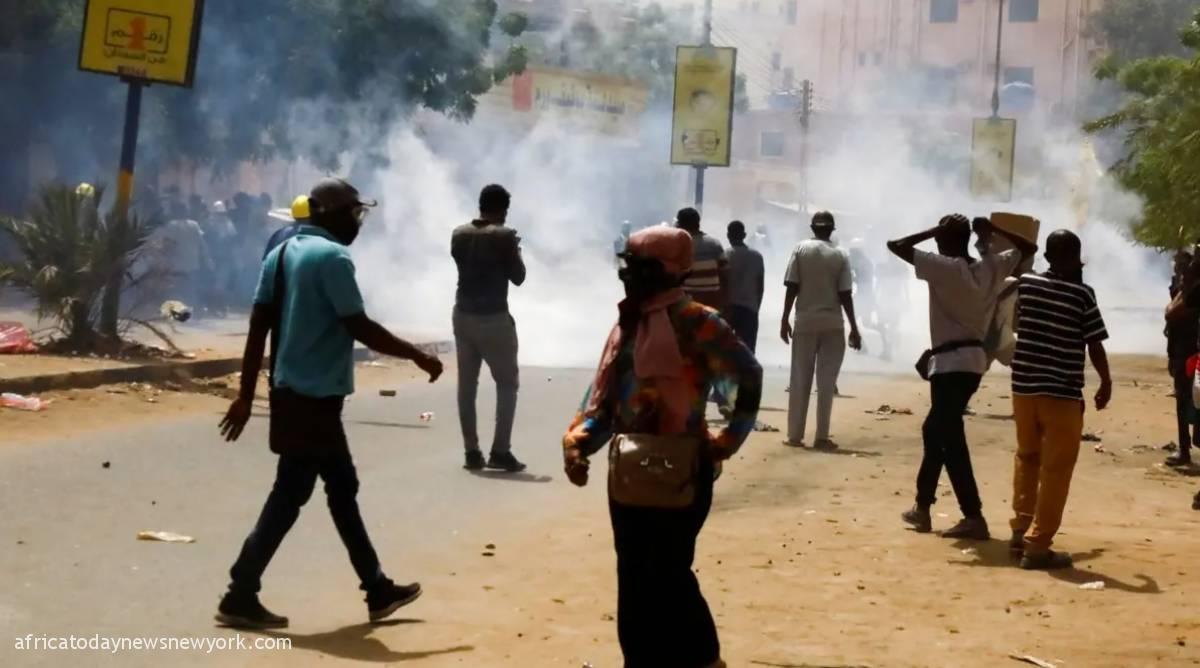No fewer than 150 people including children have been confirmed dead following two days of bloody clashes in the latest ethnic clashes over land disputes in Sudan’s southern Blue Nile state, a medic confirmed on Friday.
The fighting is perhaps the worst witnessed in the country in recent months. It started when crowds took to the streets of the Blue Nile state capital Damazin in protest, chanting slogans condemning a conflict that has left hundreds dead this year.
Africa Today News, New York reports that clashes in Blue Nile had broken out last week after reported disagreements over land between members of the Hausa people and rival groups, with residents reporting hundreds fleeing intense gunfire and homes set ablaze.
The fighting has centred around the Wad al-Mahi area near Roseires, some 500 kilometres (310 miles) south of the capital Khartoum.
‘A total 150 people including women, children and elderly were killed between Wednesday and Thursday,’ said Abbas Moussa, head of Wad al-Mahi hospital. “Around 86 people were also wounded in the violence.’
On Thursday, hundreds marched through Damazin, some calling for the state governor to be sacked, witnesses said.
‘No, no to violence,’ the demonstrators chanted.
Read Also: Thousands Protest Over Deadly Military Rule In Sudan
Eddie Rowe, the United Nations aid chief for Sudan while speaking to reporters said he was ‘deeply concerned’ at ongoing fighting, reporting that “an unconfirmed 170 people have been killed and 327 have been injured” since the latest unrest began on October 13.
LAfrica Today News, New York recalls that last week, clashes in the same area of Blue Nile sparked by ‘a dispute over land issues’ left at least 13 people dead and 24 injured, according to the UN Office for the Coordination of Humanitarian Affairs.
Authorities imposed an overnight curfew in a bid to contain the violence.
Sudan is grappling with deepening political unrest and a spiralling economic crisis since last year’s military coup, led by army chief Abdel Fattah al-Burhan.
The military power grab upended a transition to civilian rule launched after the 2019 ouster of strongman Omar al-Bashir, who ruled for three decades.
“Sustainable peace won’t be possible without a fully functional credible government that prioritises local communities’ needs including security, and addresses the root causes of conflict”, the UN added.
A surge in ethnic violence in recent months has highlighted the security breakdown in Sudan since the coup.
More than 546 people were killed and more than 211,000 forced to flee their homes in inter-communal conflicts across the country from January to September, according to the UN.

